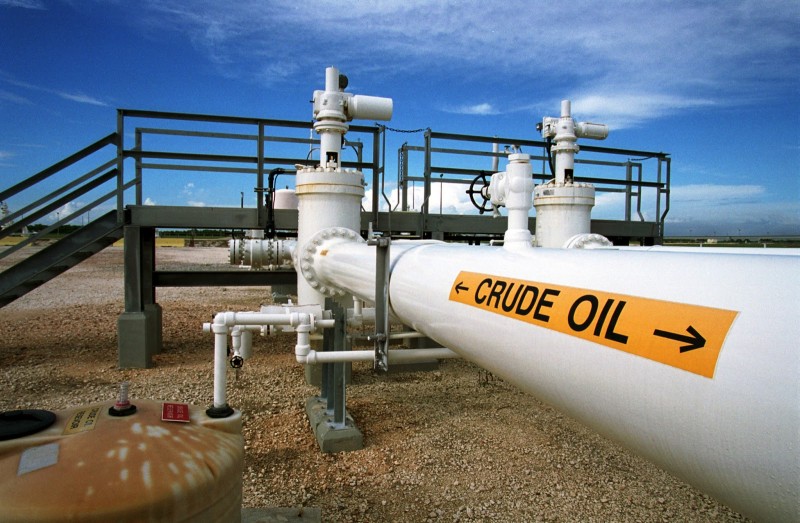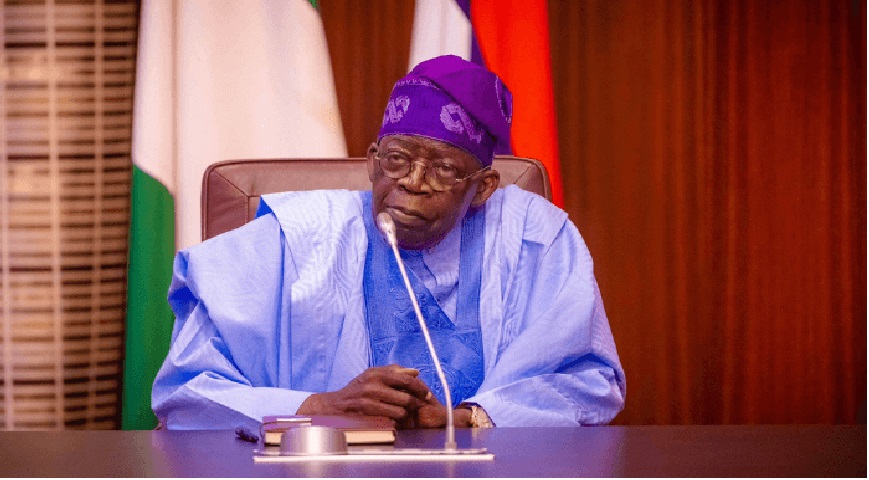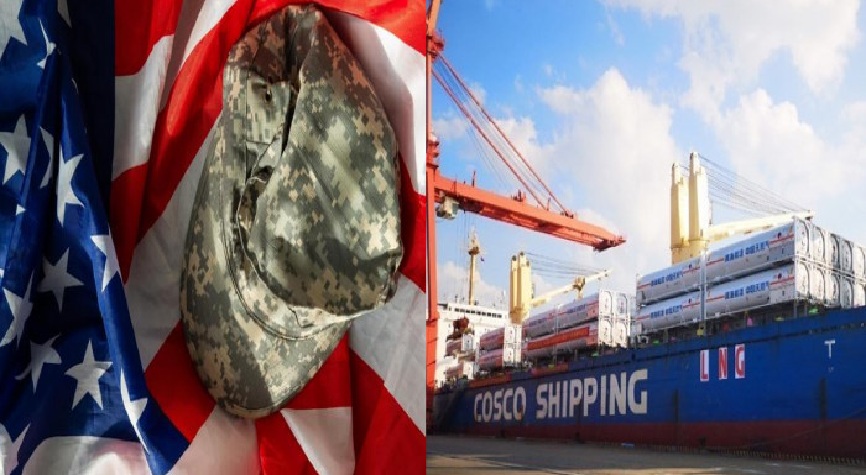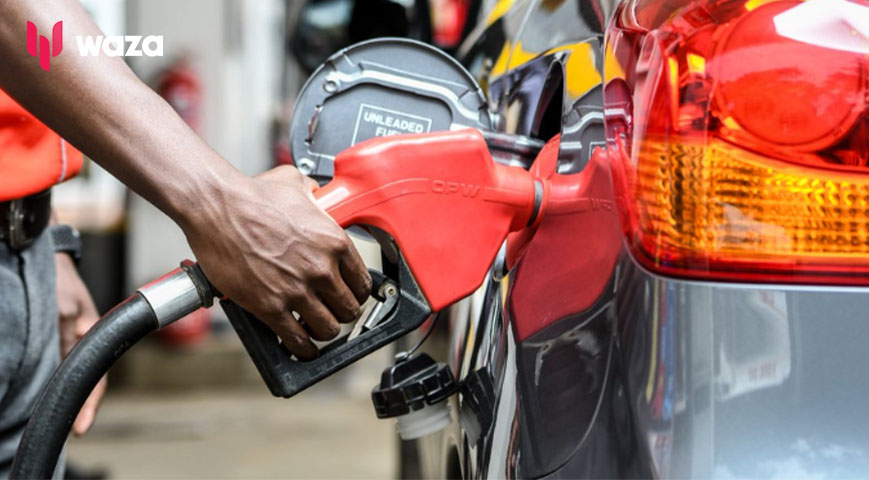The Nigerian government announced on Saturday that it has officially begun selling crude oil and refined petroleum products in Naira.
According to a statement shared by the Federal Ministry of Finance on its X handle, the policy took effect on October 1.
“The Hon Minister of Finance and Coordinating Minister of the Economy announced that, in line with the Federal Executive Council (FEC) directive, the sale of crude oil and refined petroleum products in Naira has officially commenced as of October 1st, 2024,” the statement said.

Did you read this?
The statement highlighted that, following a meeting of the implementation committee on October 3, chaired by Wale Edun, the Minister of Finance and Coordinating Minister of the Economy, a post-commencement review of the Crude Oil and Refined Products Sales in Naira initiative was conducted. Key stakeholders affirmed the official launch of this strategic policy.
The meeting included the Minister of State for Petroleum (Oil), the Special Adviser to the President on Revenue, the Special Adviser to the President on Energy, and the Chief Executive of the Nigerian Midstream and Downstream Petroleum Regulatory Authority (NMDPRA).

Others include the representative of the Chairman of Dangote Group, the Vice President of Dangote Group, and the management of the Nigerian National Petroleum Company (NNPC), led by the Group Chief Executive Officer (GCEO), Chief Financial Officer (CFO), and Executive Vice President (Downstream).
Recently, the Dangote Group and Nigeria’s petroleum regulators were locked in a dispute over control of the downstream petroleum market.
In June, the Dangote Group accused several international oil companies of undermining the plant’s operations by either withholding crude oil or providing it at inflated premiums compared to market prices.
Additionally, there have been clashes with Nigerian energy regulators, including the Nigerian Midstream and Downstream Regulatory Authority, which claimed that diesel from the refinery contained sulphur levels exceeding the permissible limit. The regulators also accused Dangote of attempting to establish a monopoly.

In response, Mr Dangote invited lawmakers visiting the refinery to a laboratory on-site, where diesel from the refinery was tested against two imported samples. The results indicated that the refinery’s diesel had significantly lower sulphur content than the imported alternatives.
In July, the Federal Executive Council (FEC) directed the Nigerian National Petroleum Company Limited (NNPC Ltd) to engage with the Dangote refinery and other local refineries to resolve the dispute regarding crude oil sales to these facilities.
Presided over by President Bola Tinubu, the FEC also directed that crude oil sales to refineries be conducted in naira, and that refineries in Nigeria should sell their refined products to the domestic market in naira as well.
The statement highlighted that, following a meeting of the implementation committee on October 3, chaired by Wale Edun, the Minister of Finance and Coordinating Minister of the Economy, a post-commencement review of the Crude Oil and Refined Products Sales in Naira initiative was conducted. Key stakeholders affirmed the official launch of this strategic policy.
The meeting included the Minister of State for Petroleum (Oil), the Special Adviser to the President on Revenue, the Special Adviser to the President on Energy, and the Chief Executive of the Nigerian Midstream and Downstream Petroleum Regulatory Authority (NMDPRA












